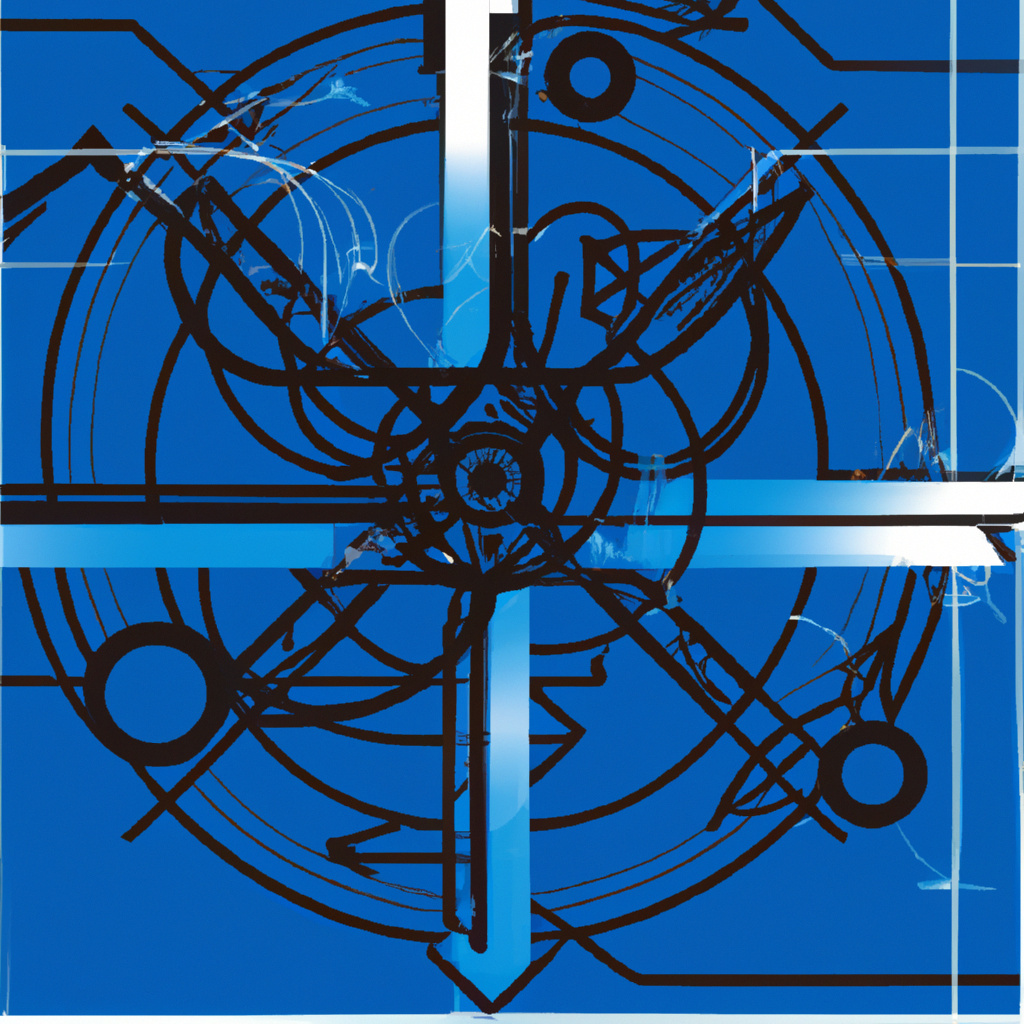Labs
Scenario Planning
Scenario Planning is a strategic planning technique that helps organizations anticipate and prepare for different future scenarios.

In this article, we will explore the concept of scenario planning and its importance in innovation and transformation projects. We will delve into how scenario planning can help organizations prepare for future uncertainties and make informed decisions.
Where did Scenario Planning come from?
Scenario planning is a strategic management tool that helps organizations prepare for an uncertain future. It was originally developed in the 1960s by Shell Oil as a response to the volatile nature of the global oil market. Since then, it has been widely adopted across various industries and sectors to navigate complex and rapidly changing business environments. Scenario planning involves creating alternative scenarios or stories about plausible futures, which enables organizations to identify potential risks and opportunities and develop strategies accordingly.
What are the key concepts?
Some of the key concepts involved in Scenario Planning include:
- Scenario Planning is a strategic planning technique that helps organizations anticipate and prepare for different future scenarios.
- It involves developing multiple plausible scenarios that could impact an organization's future, considering various external factors and uncertainties.
- The process helps decision-makers understand the potential risks and opportunities associated with each scenario, enabling them to make more informed decisions.
- Key steps in scenario planning include identifying key drivers of change, developing alternative scenarios, analyzing their implications, and creating action plans accordingly.
- Scenario planning fosters flexibility and adaptive capacity in organizations by encouraging them to proactively consider possible futures rather than relying solely on predictions or assumptions.
What's the process?
Scenario planning is a systematic approach used to anticipate and prepare for uncertain future events in business. The process typically involves four main activities:
-
Identifying the scope: This step defines the purpose, objectives, and boundaries of the scenario planning exercise.
-
Gathering information: Here, relevant data and information are collected from diverse sources to gain a comprehensive understanding of potential future developments.
-
Developing scenarios: Scenarios are created by considering different combinations of key uncertainties that could shape the future. These scenarios depict plausible futures that challenge conventional thinking.
-
Analyzing and implementing strategies: Lastly, each scenario is analyzed to identify potential risks and opportunities. Strategies are then formulated to address these challenges effectively in order to drive innovation and transformation within an organization.
By engaging in these activities, businesses can better navigate complex environments by developing more resilient strategies for multiple possible futures.
What outcomes can you expect?
Some of the outcomes you can expect from working with Scenario Planning are:
- Gain a deeper understanding of potential future scenarios and their impact on your organization.
- Identify opportunities and risks associated with each scenario, allowing for better decision-making.
- Develop robust strategies that are flexible and can adapt to different possible futures.
- Improve preparation for unexpected events or disruptions by considering alternative trajectories.
- Enhance innovation capabilities by fostering creativity and thinking "outside the box" in response to different scenarios.
Are there any debates or criticisms to be aware of?
- Limited predictive accuracy: Scenario planning is based on assumptions and uncertainties, making it challenging to accurately predict the future.
- Complex and time-consuming: Developing multiple scenarios requires significant time and resources, which can be a drawback for organizations with limited capacities.
- Over-reliance on experts: The success of scenario planning relies heavily on the expertise of those involved, potentially limiting diverse perspectives and creativity.
- Difficulty in implementation: Translating scenarios into actionable strategies can be challenging, as organizations may struggle to align their existing structures and processes with the proposed changes.
- Lack of concrete outcomes: Scenario planning may not always provide clear-cut solutions or specific recommendations, leaving room for ambiguity in decision-making processes.
Conclusion
Scenario planning is a valuable tool for organizations to navigate uncertainty and drive effective decision-making. By considering multiple future scenarios, identifying risks and opportunities, and developing flexible strategies, businesses can improve their ability to adapt to changing circumstances. While scenario planning has limitations, such as potential inaccuracies and time consumption, it remains a powerful method for enhancing strategic thinking and improving organizational agility. Embracing this approach enables organizations to anticipate challenges and seize opportunities in an ever-changing landscape.
TLDR;
- Scenario planning is a valuable tool for organizations to anticipate and prepare for future uncertainties.
- It enables them to explore multiple plausible future scenarios and their potential implications.
- Benefits of scenario planning include improved decision-making, increased resilience, and innovative thinking.
- However, it can be challenging due to data limitations, bias, complexity, and the need for ongoing adaptation.
- Effective scenario planning requires a collaborative approach with diverse perspectives and continuous learning.
